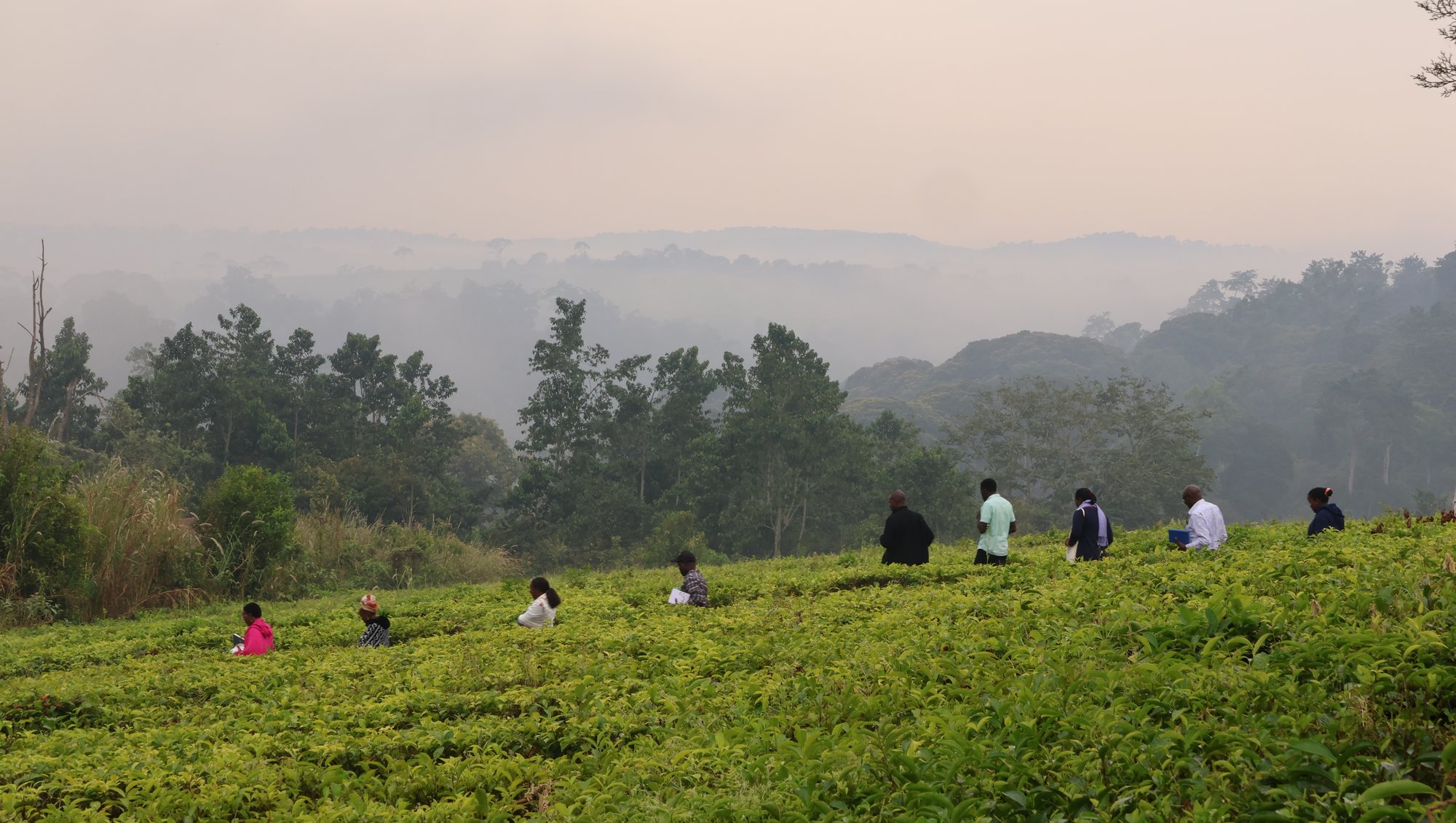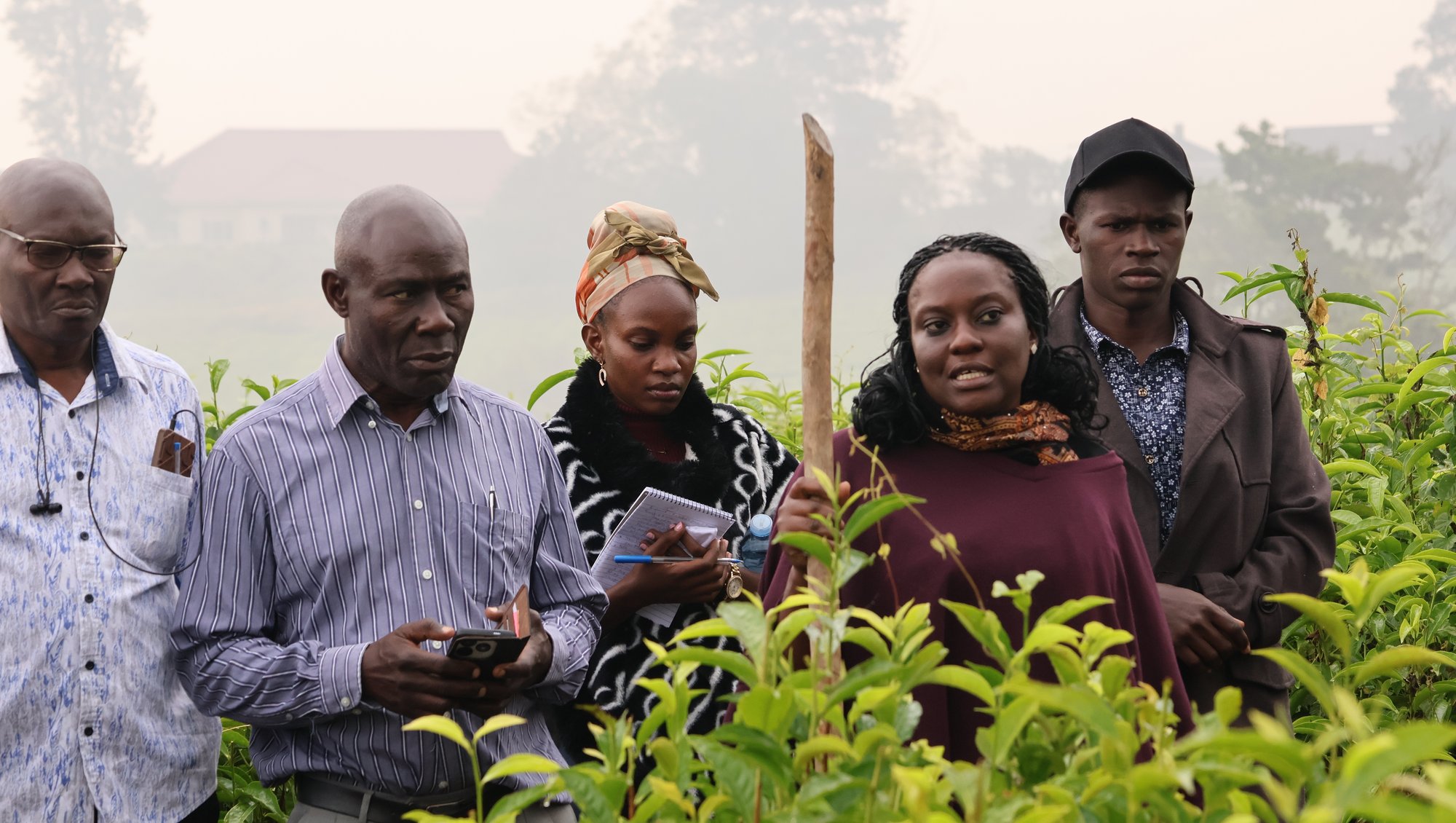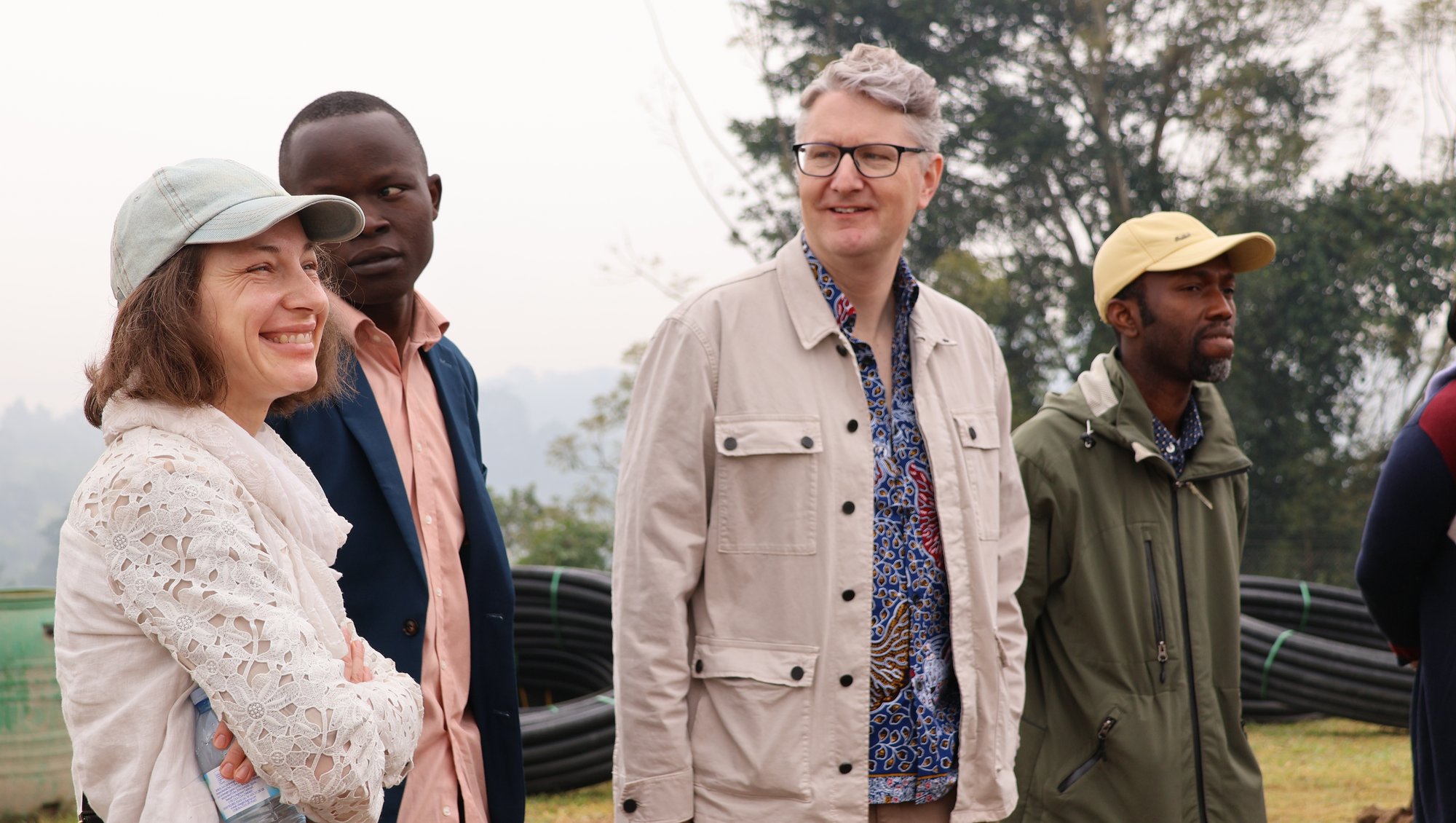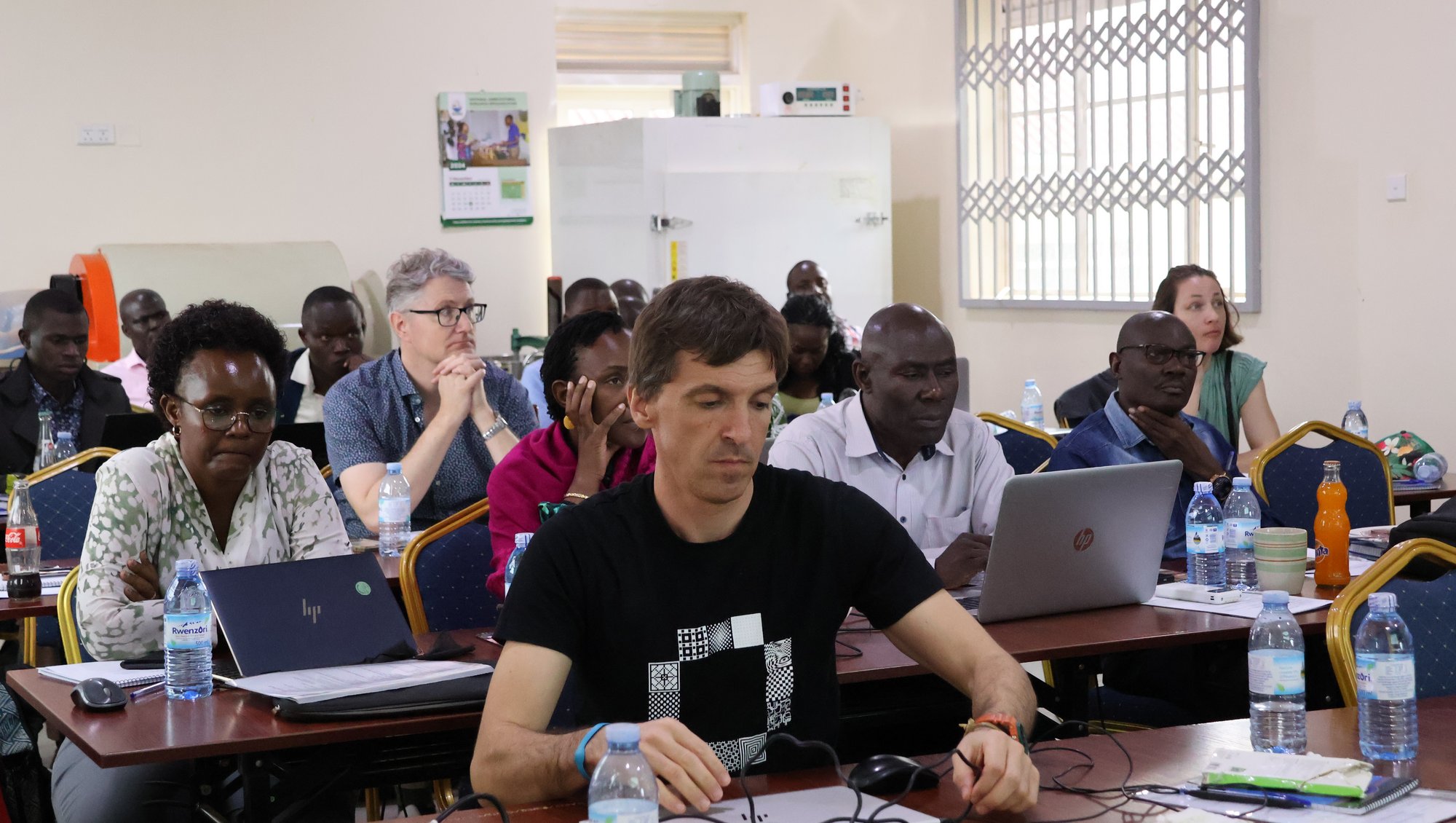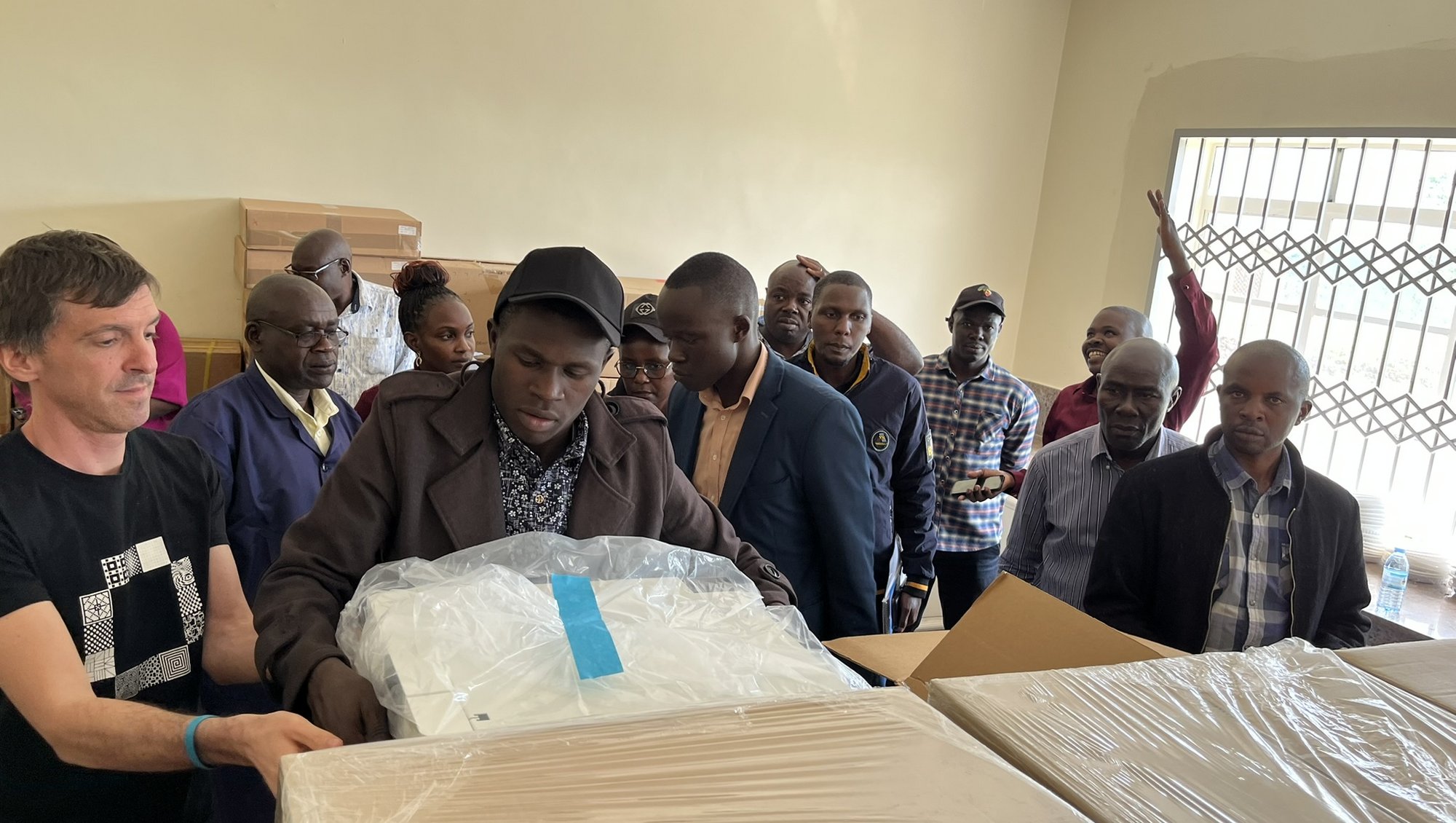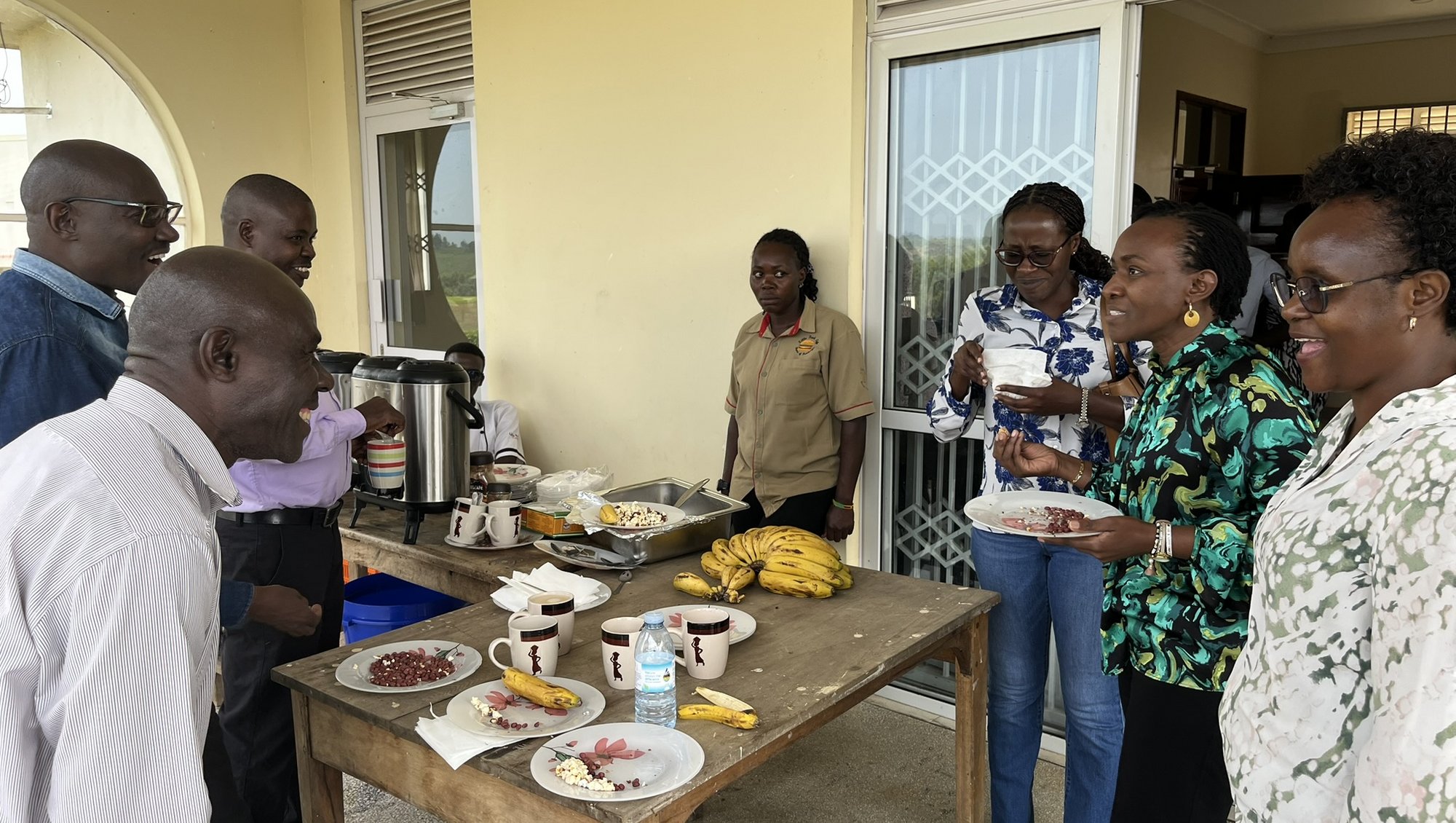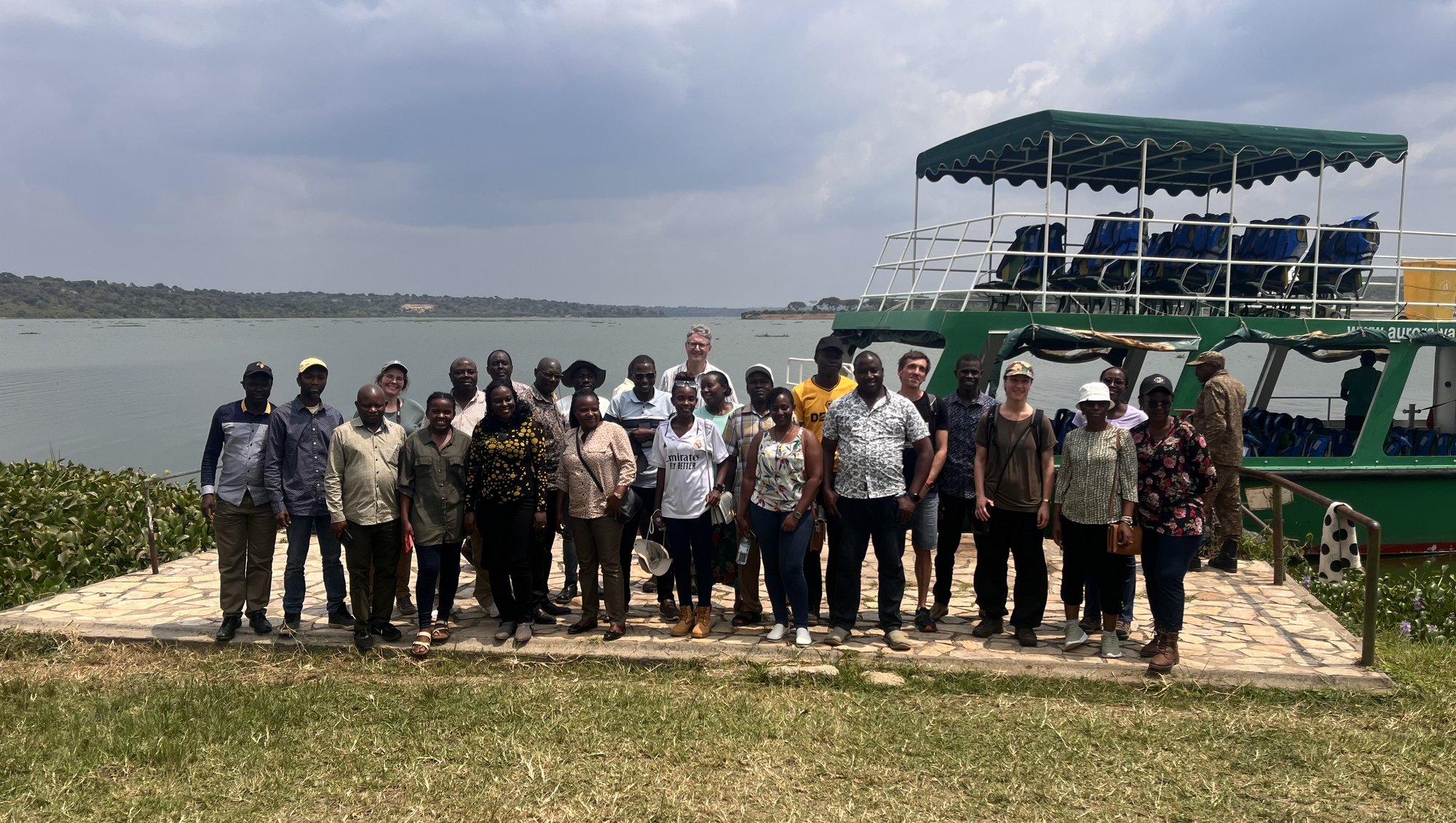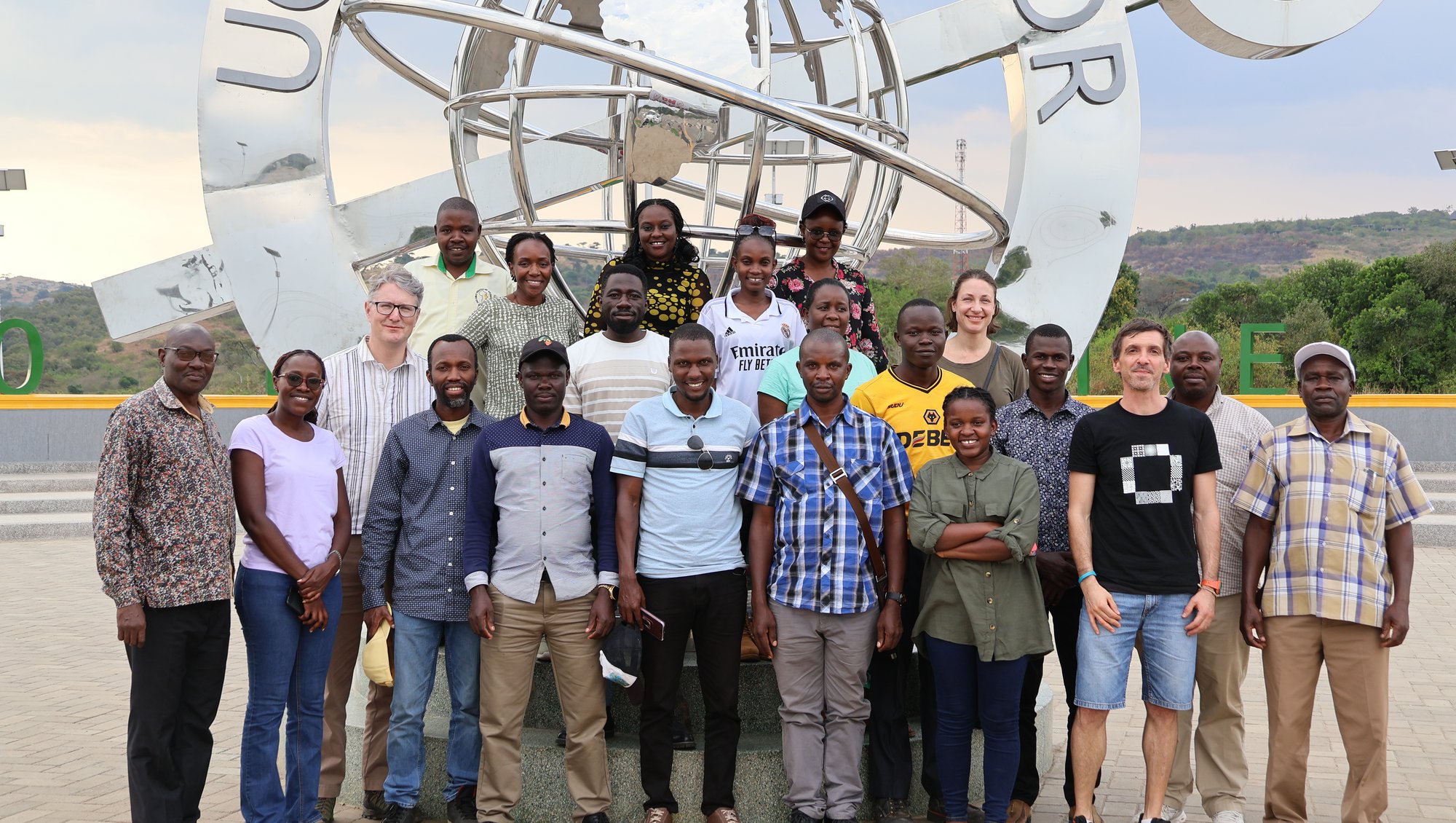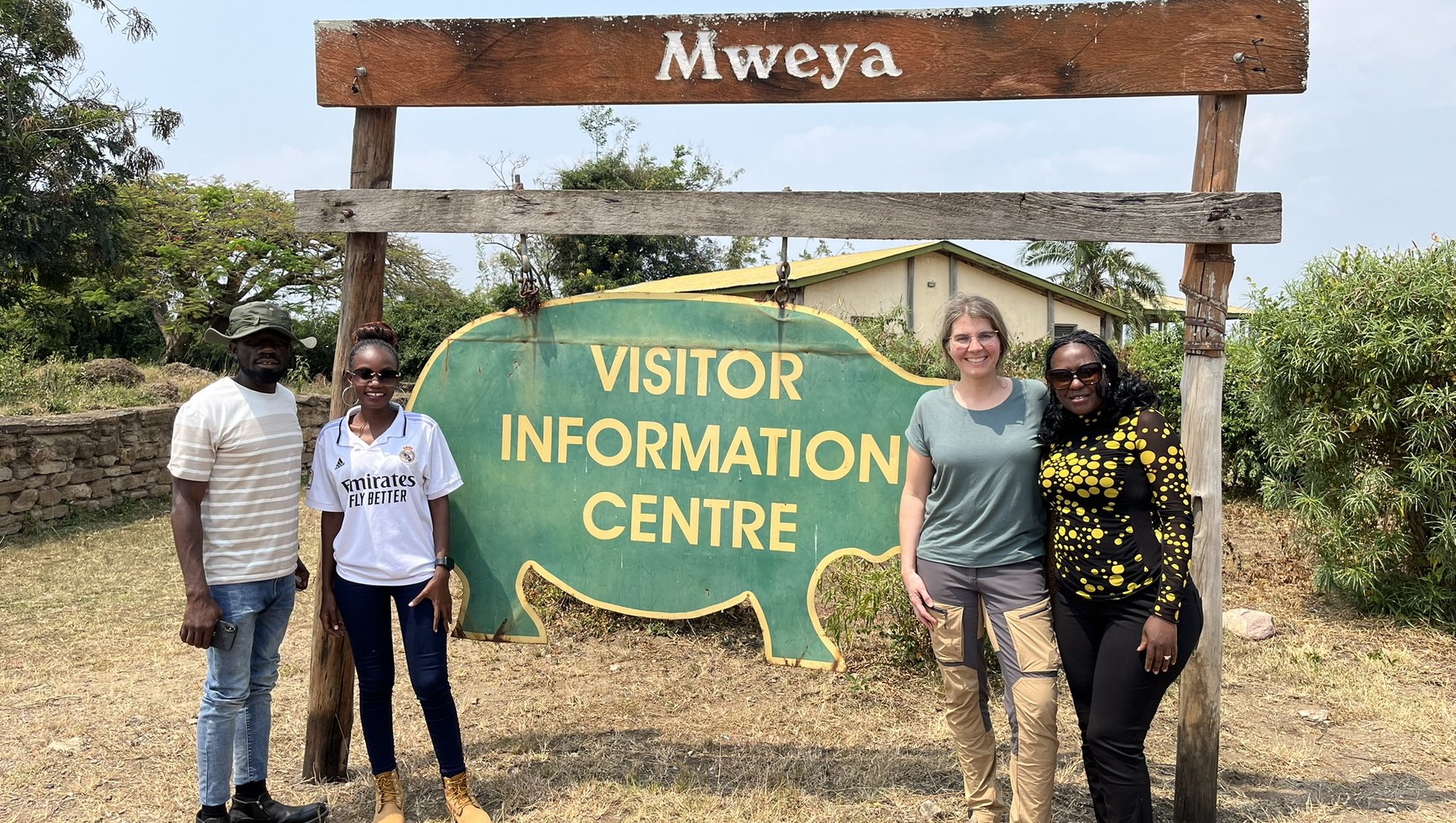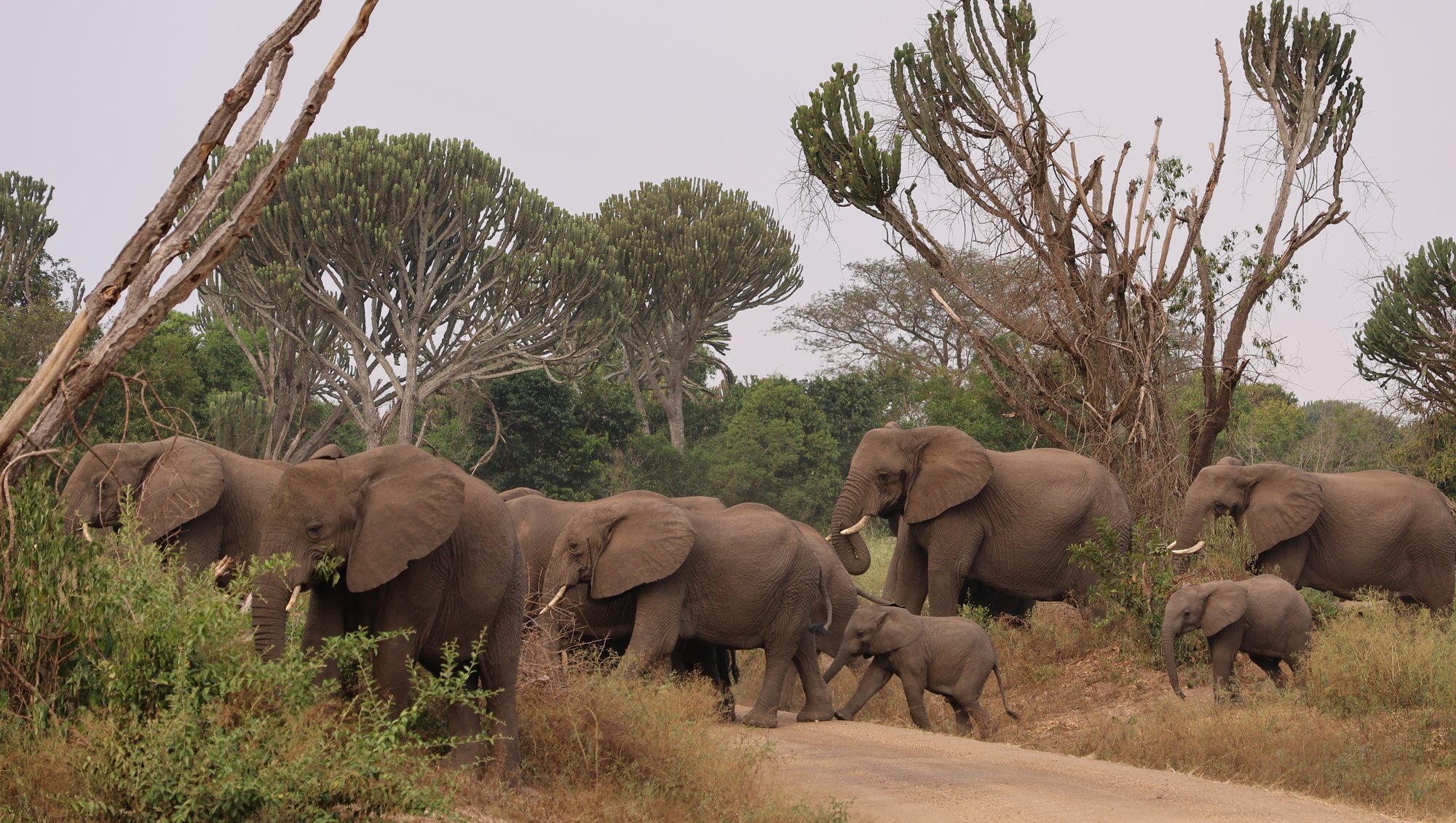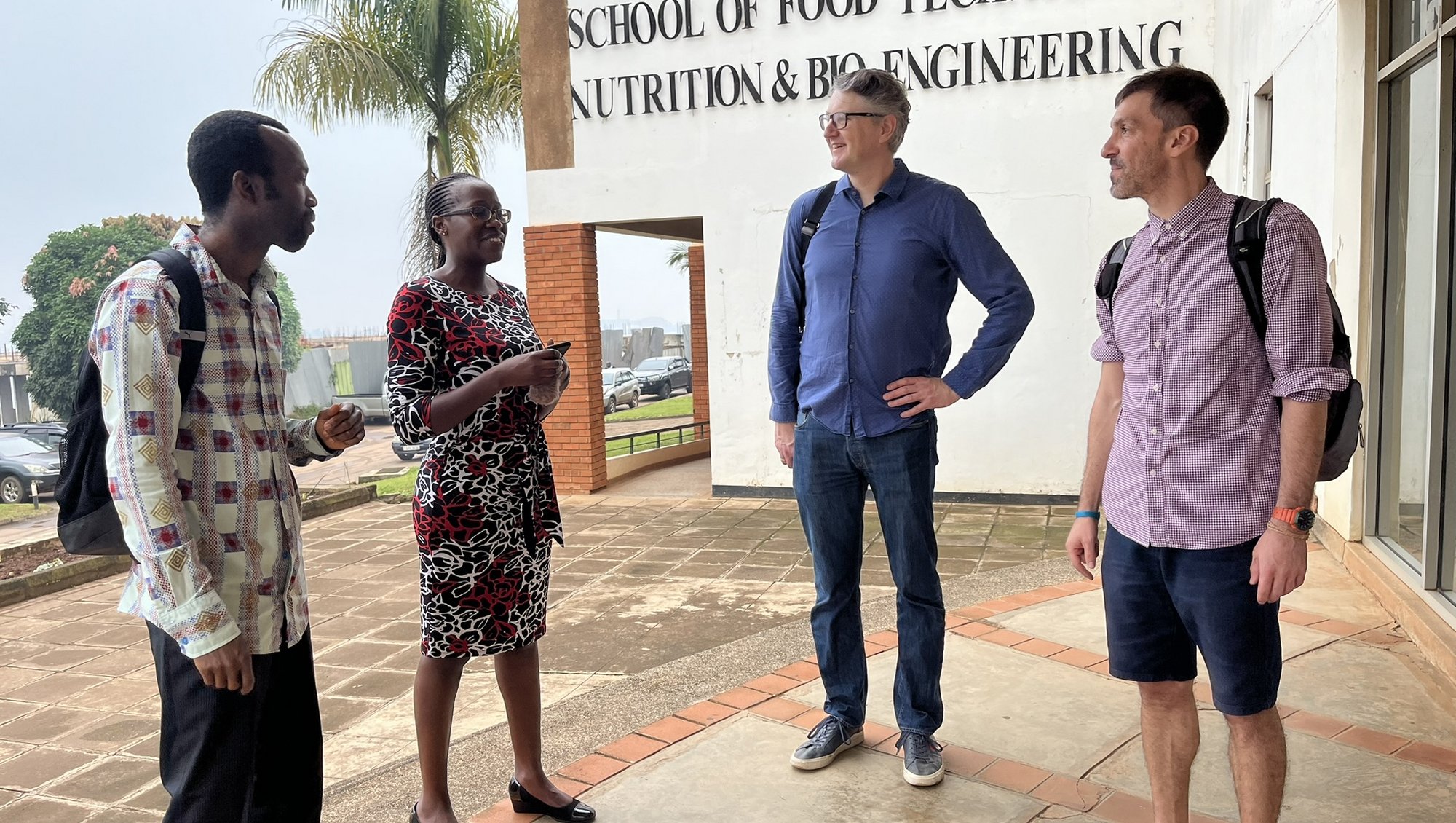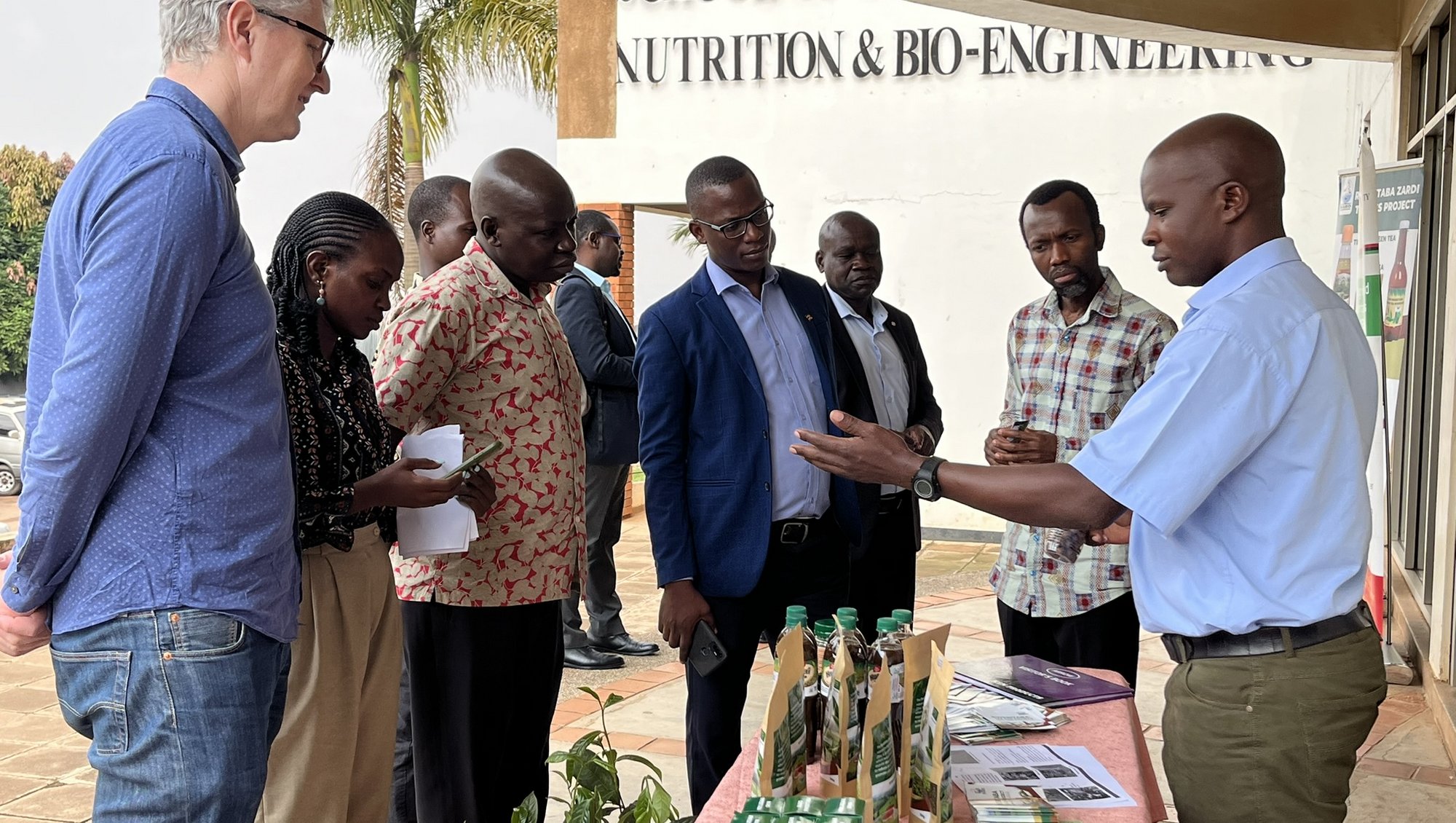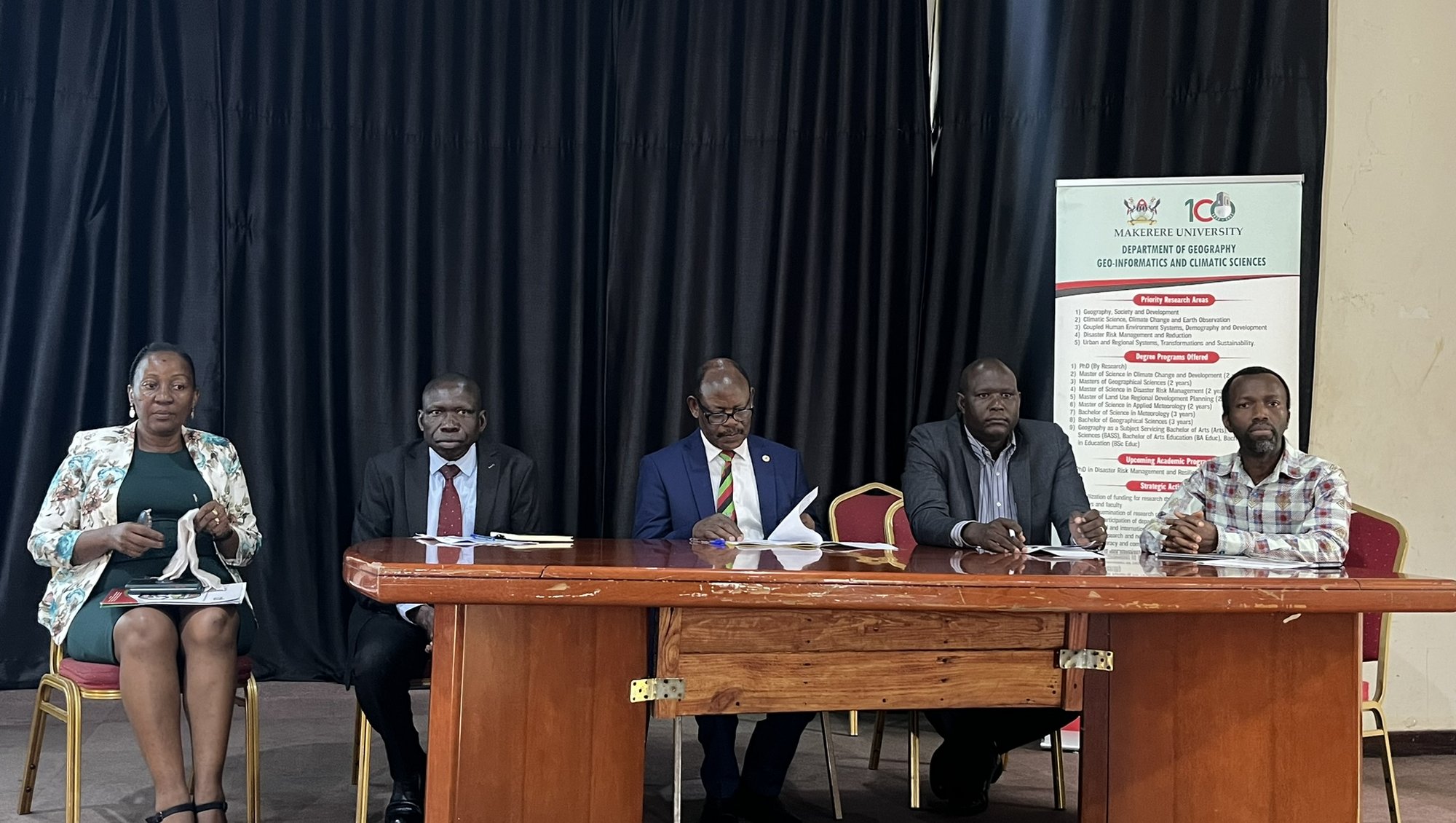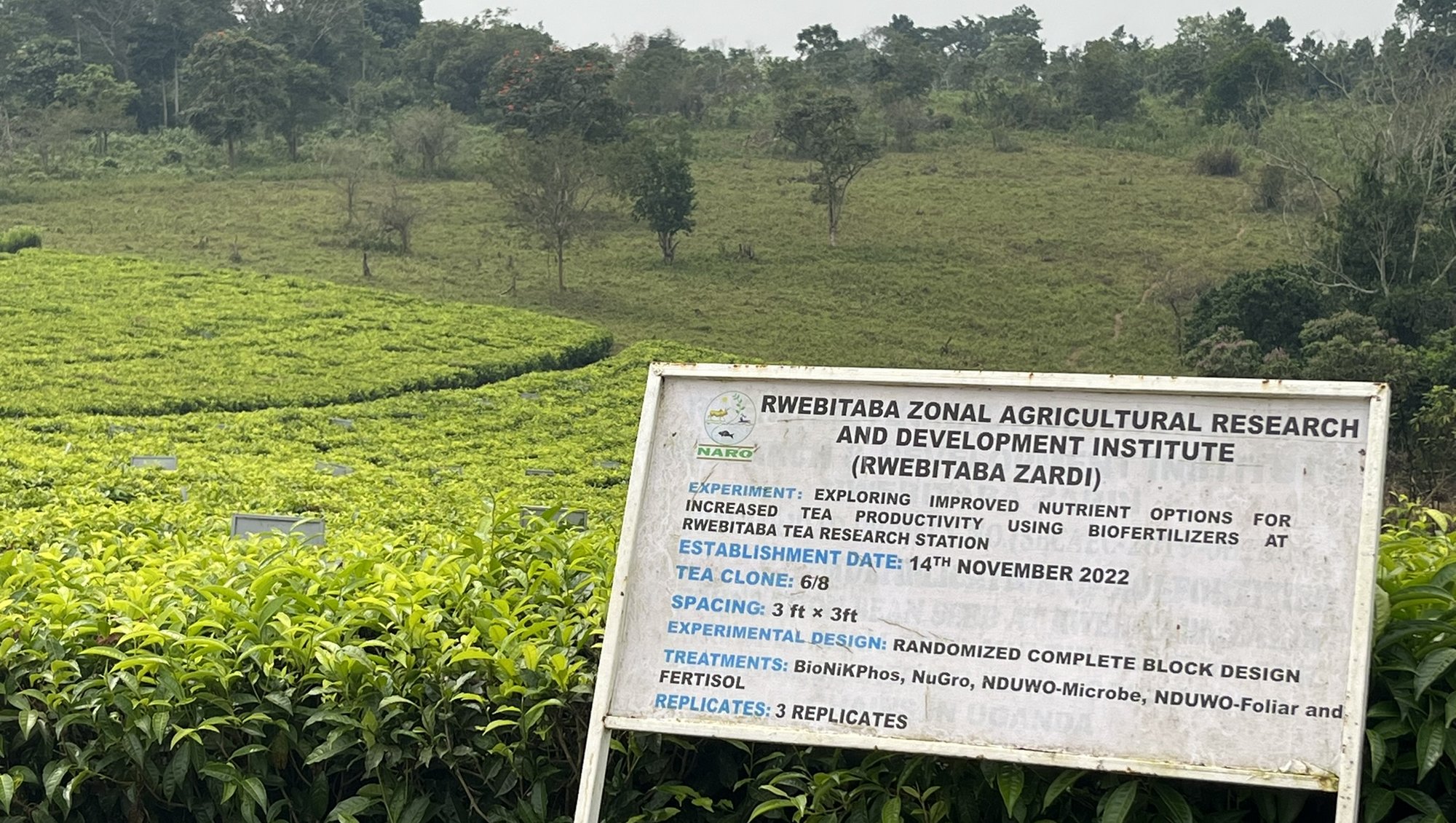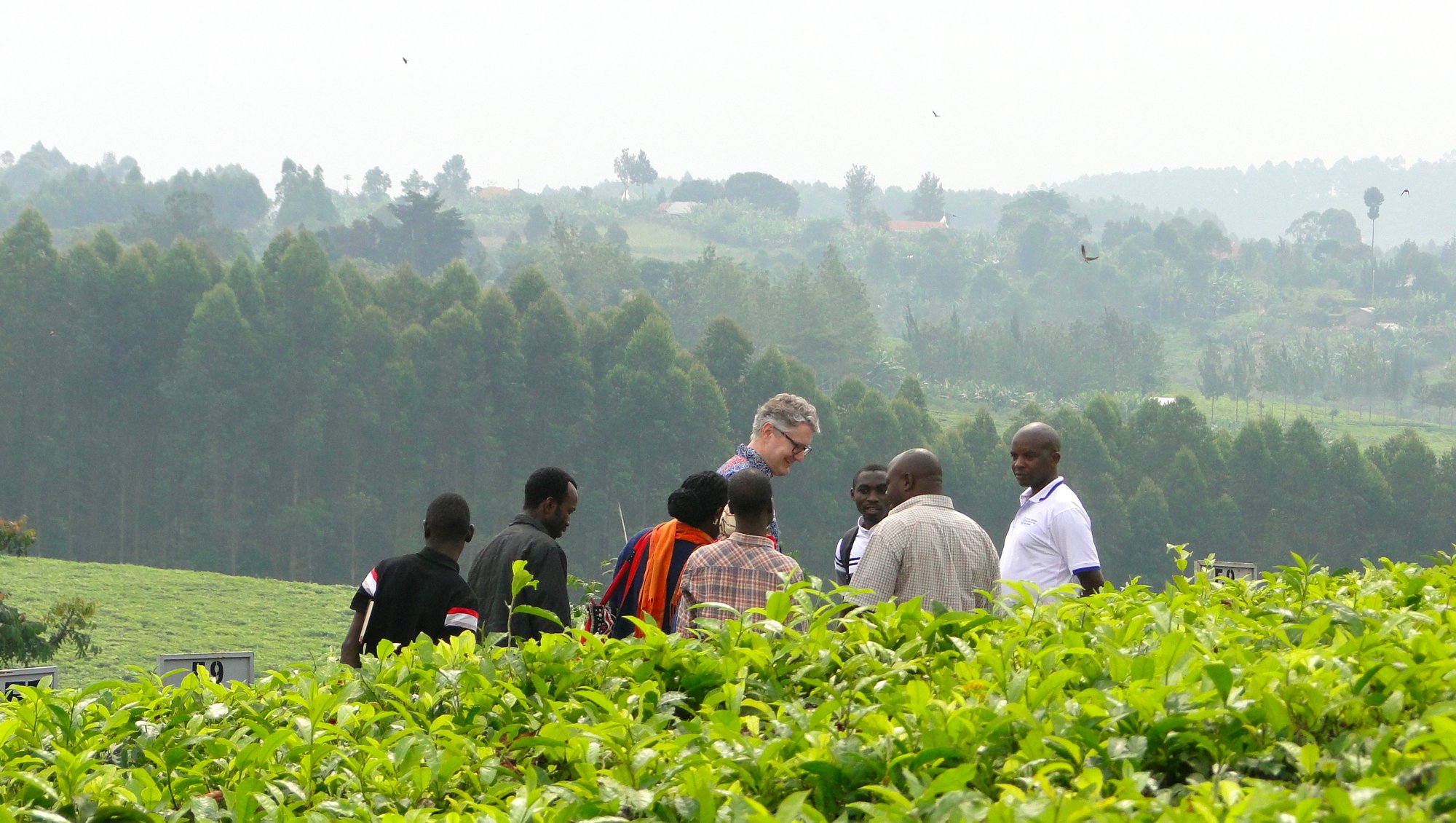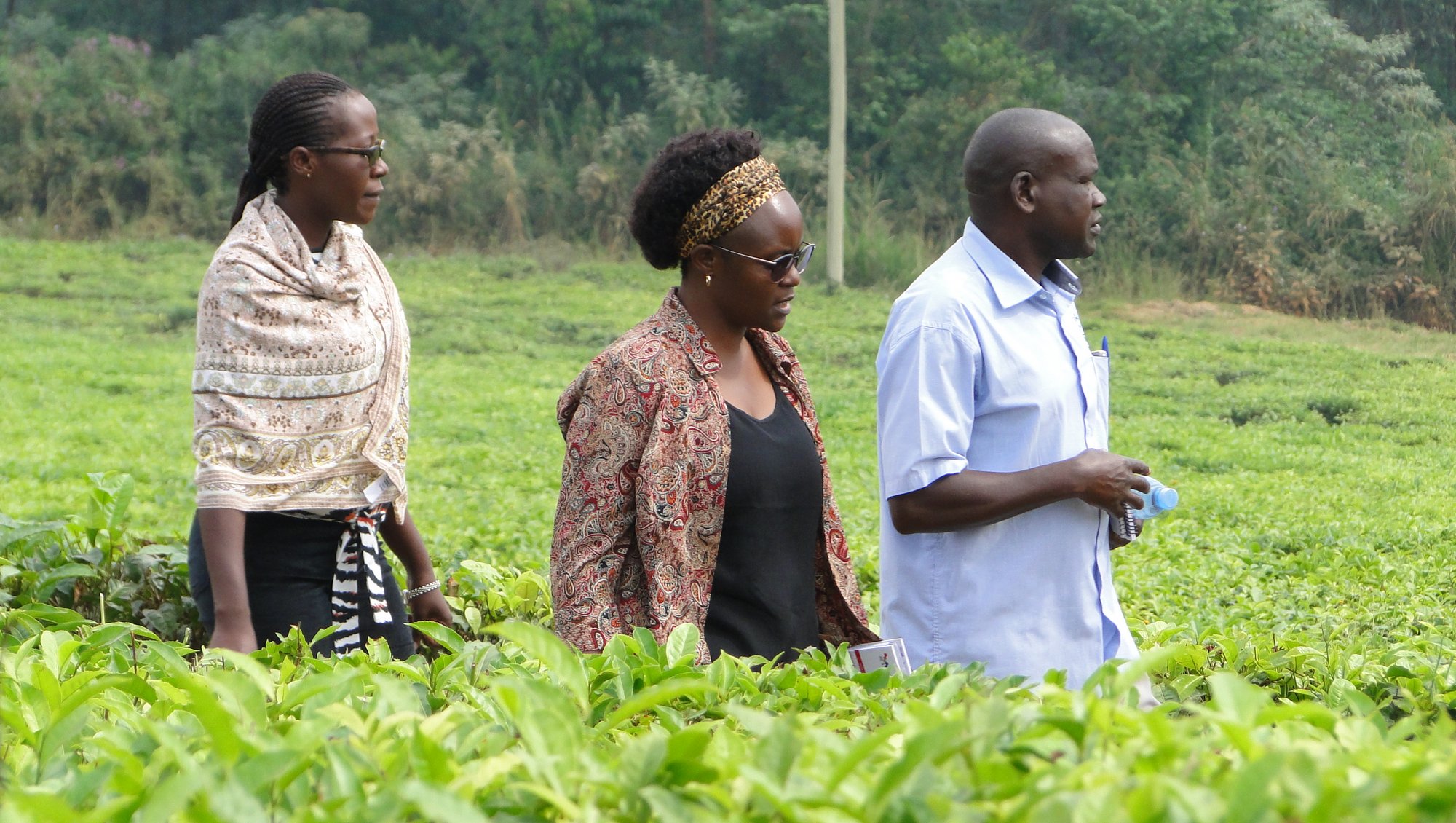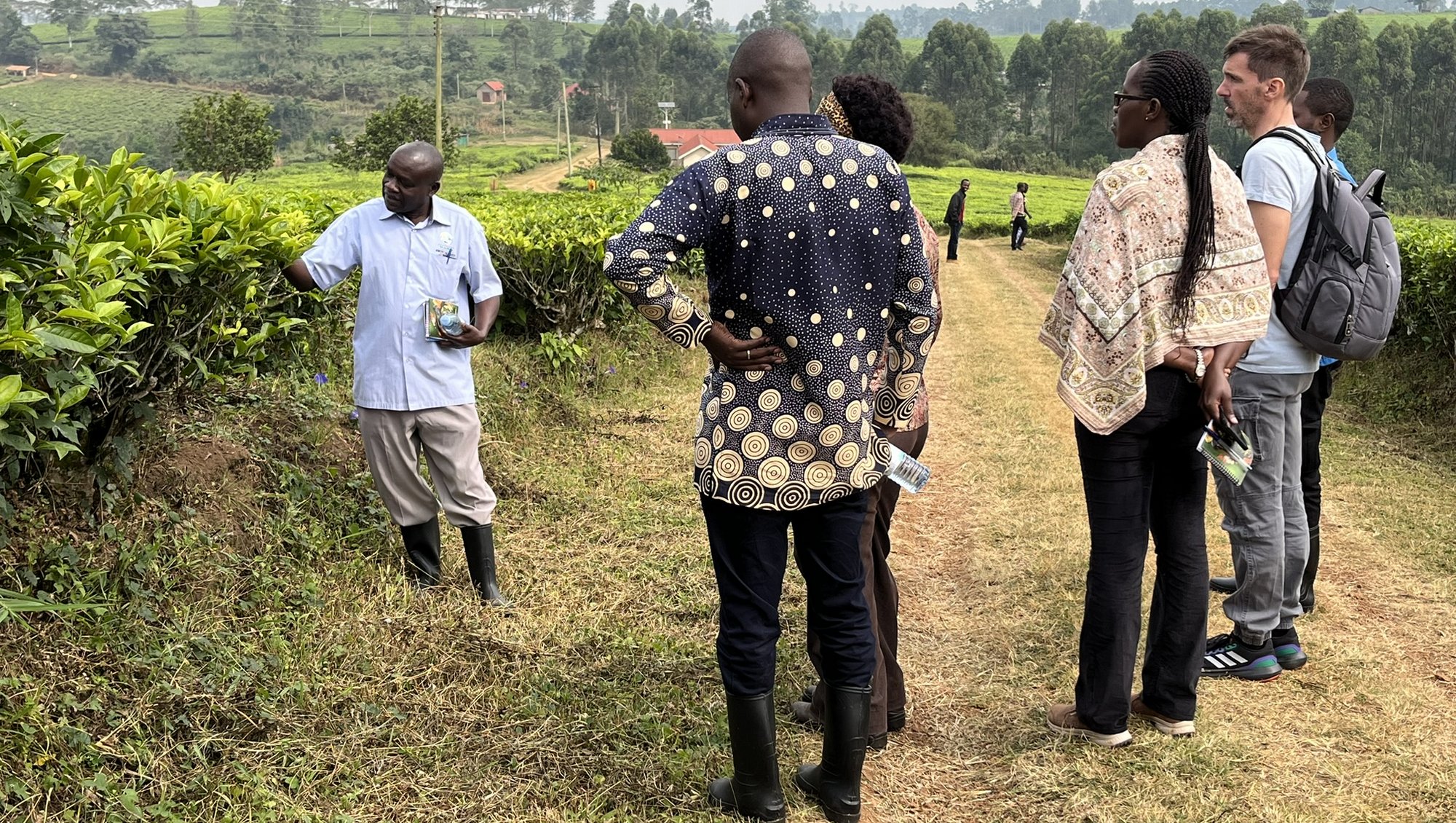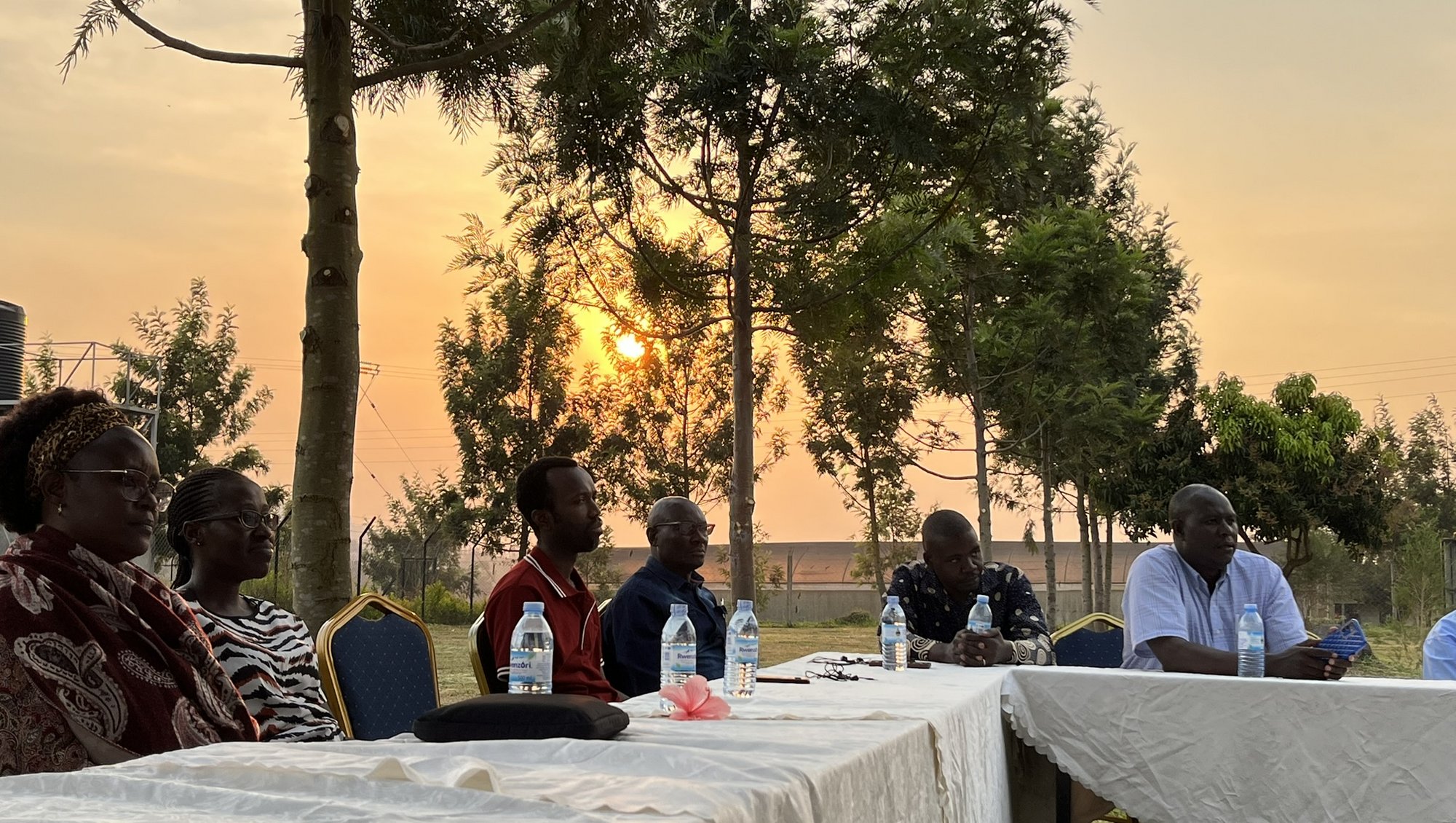Project meetings and activities
First PhD exchange of the project
In autumn 2025, Moreen Asasira (PhD student in WP5) traveld to Denmark for her research stay at Aarhus University. She spent two months in Aarhus, working alongside our colleagues Anne and Lars and experiencing the Danish culture (and weather). It was a pleasure hosting her and we are looking forward to the research stays that will follow in 2026.
Moreen herself wrote:
"The two-months, September 1st- October 31st stay at the University of Aarhus in Denmark, was a very enriching experience. Hosted by Prof. Anne Odile Peschel and Prof. Lars Esberg in the Department of Management, School of Business and social sciences (BSS). The interactive learning environment, with exposure to international perspectives and collaborative discussions, offered valuable cultural and academic exchange opportunities. During this period, I had the privilege to undertake a value chain management course that provided strong theoretical foundations for practical insights into sustainable value chains.
Residing at the International Centre (IC) dormitory further offered a vibrant multicultural living atmosphere that encouraged cross-cultural interaction, collaboration, and lasting connections alongside academic growth.
The departmental interactions provided valuable opportunities to engage with faculty peers, share ideas, and gain insights into ongoing research and professional perspectives, making the exchange both academically and socially rewarding. Grateful for the wonderful resourceful time with my great hosts and mentors. Much appreciation to the Danish Fellowship Centre (DFC) management largely."
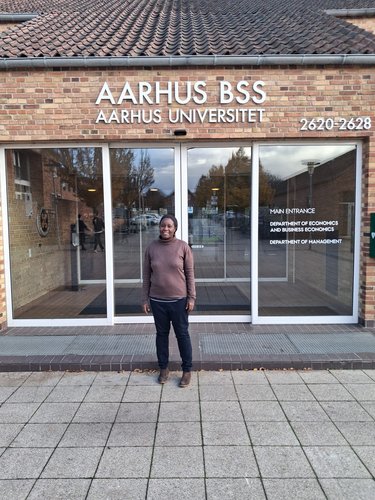
Webinar: "Use of multispectral UAV data for crop net primary production estimation"
This lecture elaborates on the advanced use of the Carnegie-Ames-Stanford Approach, widely known as Light/Radiation Use Efficiency model, for remote sensing of crop net primary production.
Webinar "Use of thermal UAV data for crop monitoring"
This lecture provides an overview of the post-acquisition processing chain of thermal imagery from UAV focusing on agricultural applications and quantification of the Water Deficit Index.
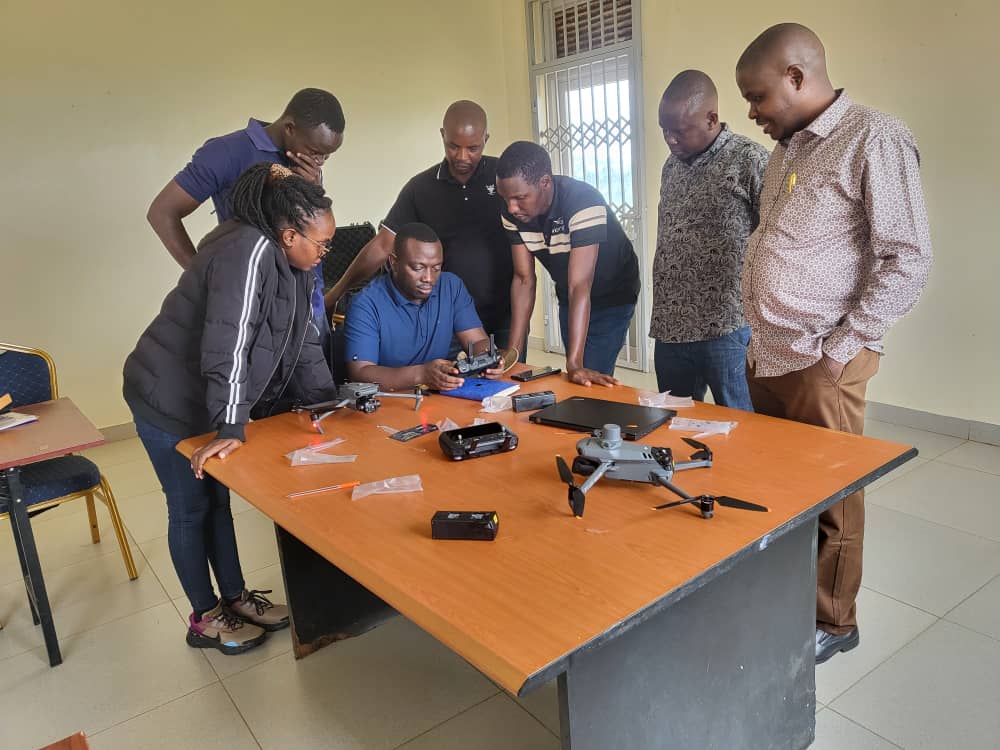
The drones have arrived!
After a long waiting time to get the necessary import permits, the project team was happy to gather at the Rwebitaba research center for the official launch of the research drones on the 19th of June 2025. After a training session by the certified Remote Sensing Drone pilot Timothy Mutungi, the resesarchers and students were able to start the first drone operations, with which they will be able to gather high resolution images of the tea fields. These images will help to assess the irrigation, soil health and plant growth at the different experimental sites.
Co-creation workshop in January 2025
A co-creation workshop was held with nine value chain actors such as smallholder tea producers and tea processors. The goal was to generate knowledge about perceived challenges in relation to tea in Uganda, and more specifically what challenges they perceived in relation to the implementation of NbS practices to improve the quality and yield such as the adoption of new tea varieties, agroforestry, biochar and irrigation. The participants were very engaged and passionate about tea, which prompted a lively discussion. The insights gained during the workshop will guide our work in the next stages of the project.
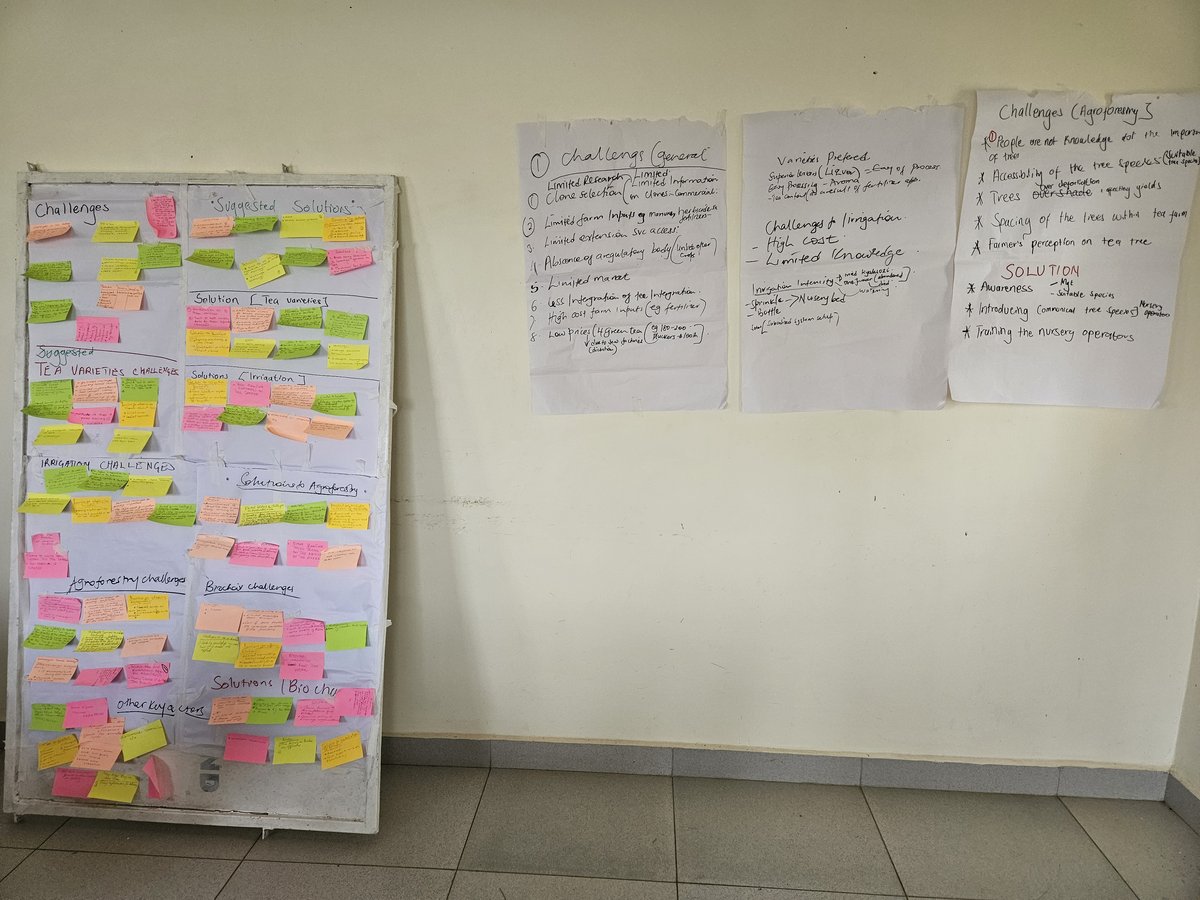
Research plans, field experiments and co-creation
Our Danida-funded NbS4Tea project is entering its second year. The team of Danish and Ugandan colleagues met again for the annual workshop from the 21st of January to the 25th January 2025 at the Rwebitaba Research Station in Fort Portal, Uganda, to discuss ongoing research, experiment set-ups and current challenges. The four days included not only updates on the work packages, but also visits of the experimental sites, a co-creation workshop with local stakeholders along the tea value-chain and chances to enjoy and appreciate the beauty of Uganda. It was a perfect opportunity for both MSc and PhD students to present their ongoing research and for everyone to meet, to exchange experiences and to network among partners.
Project launch and first workshop in Uganda, January 2024
From January 16-19, 2024, all the project partners met in Uganda for the official start of the project. Opening remarkds were given by dignitaries from Makerere University and the National Agricultural Research Organization (NARO), and the project was launched by the honourable VC of Makerere University. During two workshop days at Makerere University in Kampala, the outline and scientific framework for the different workpackages were discussed. On the third day, the project group visited the experimental sites at Rwebitaba ZARDI near Fort Portal to discuss and evaluate the practical set-up of the different experiments. It was a great opportunity for everyone to meet and get to know each other, and to plan collaborations between the different work packages.
